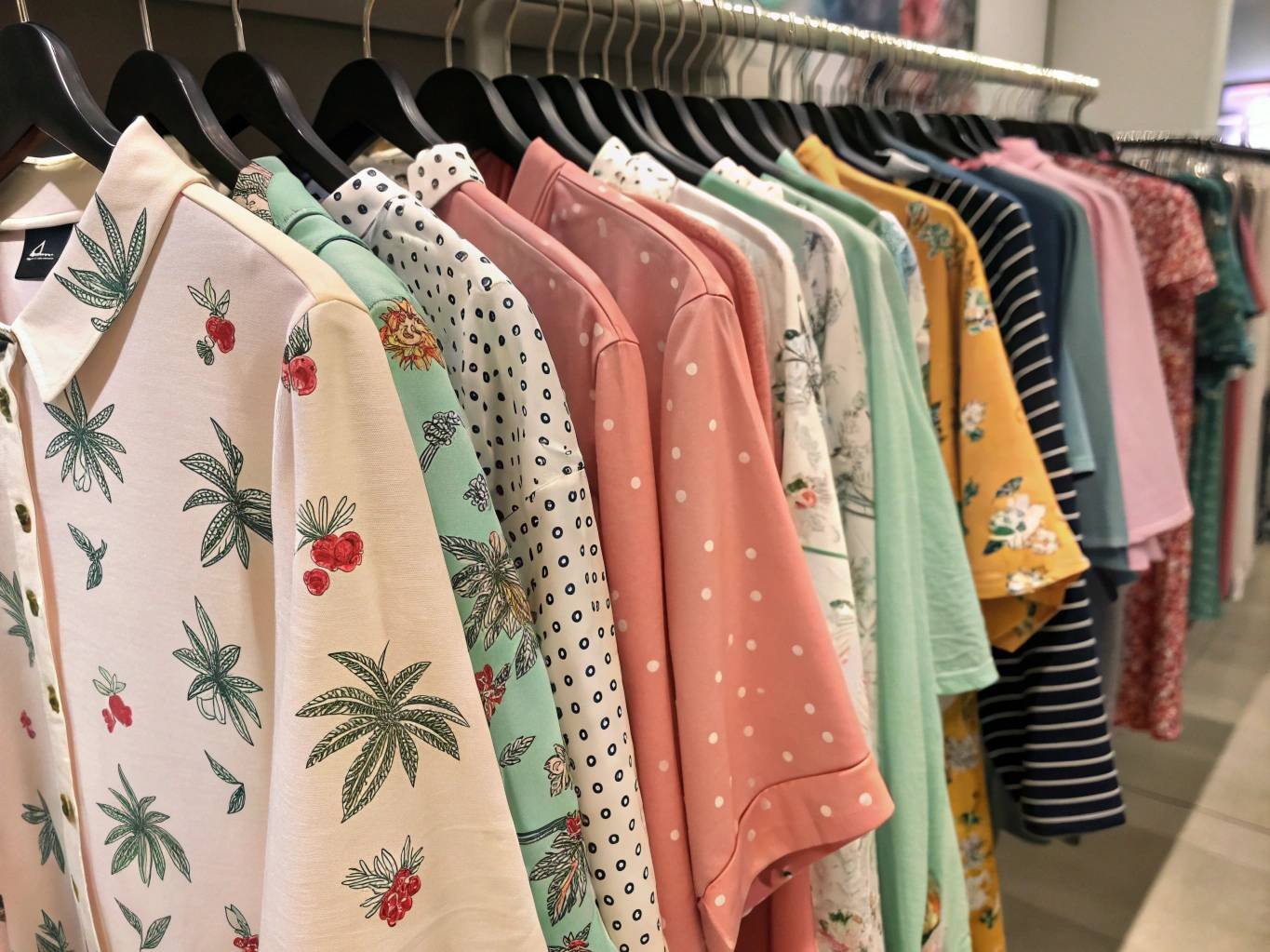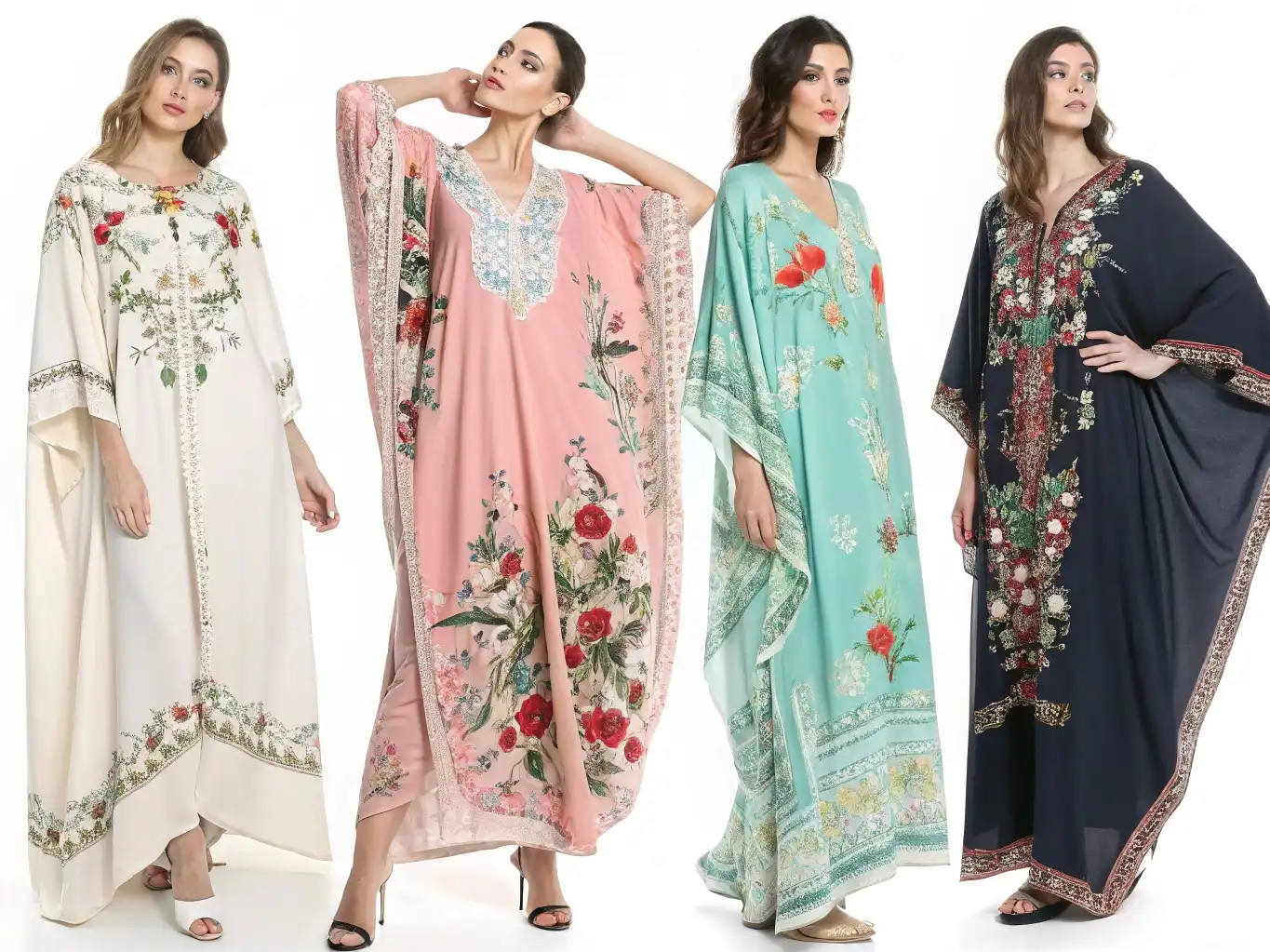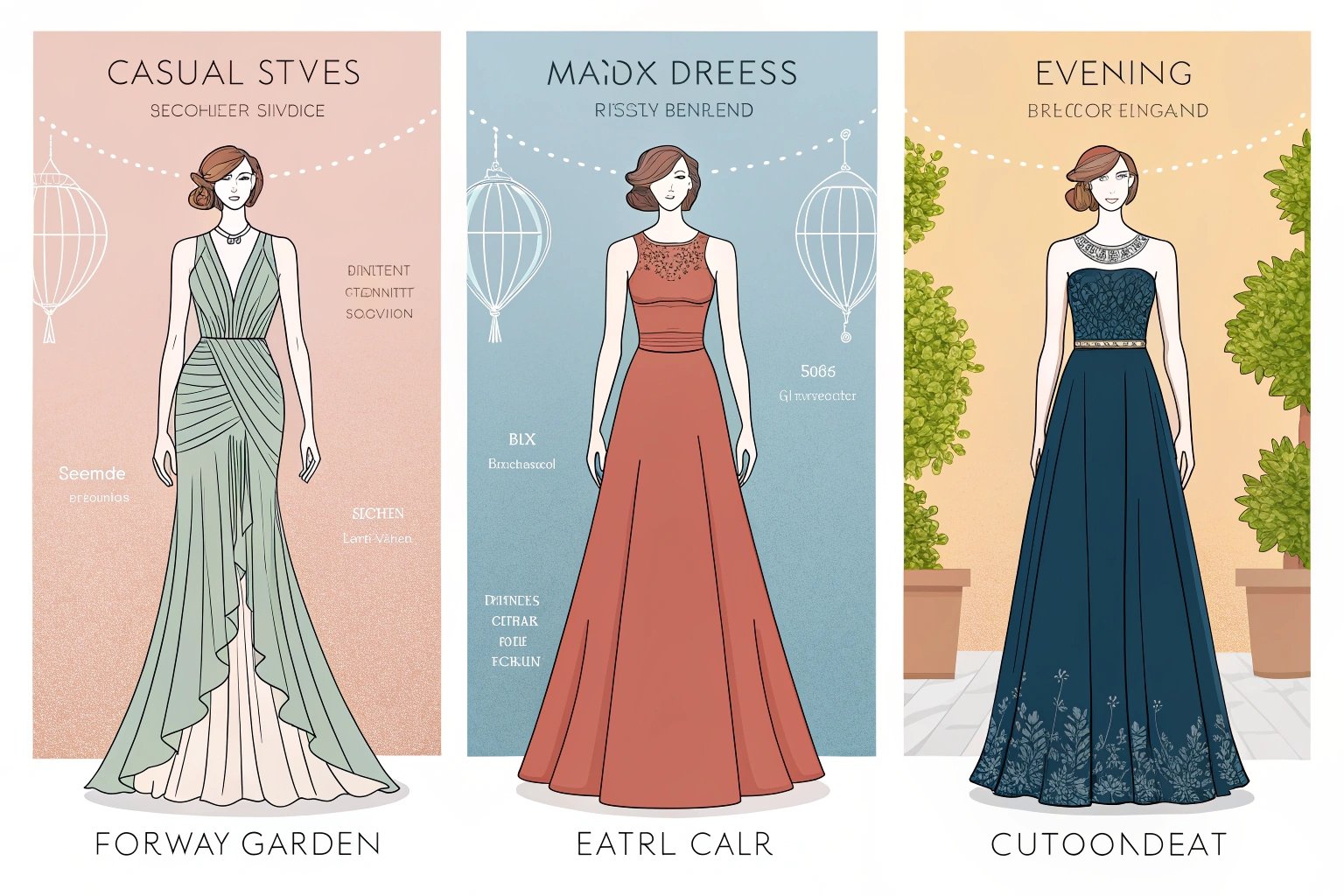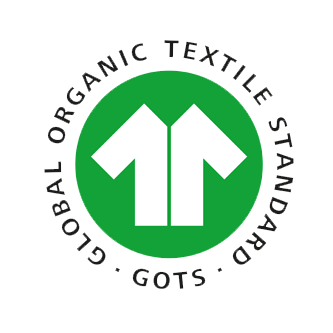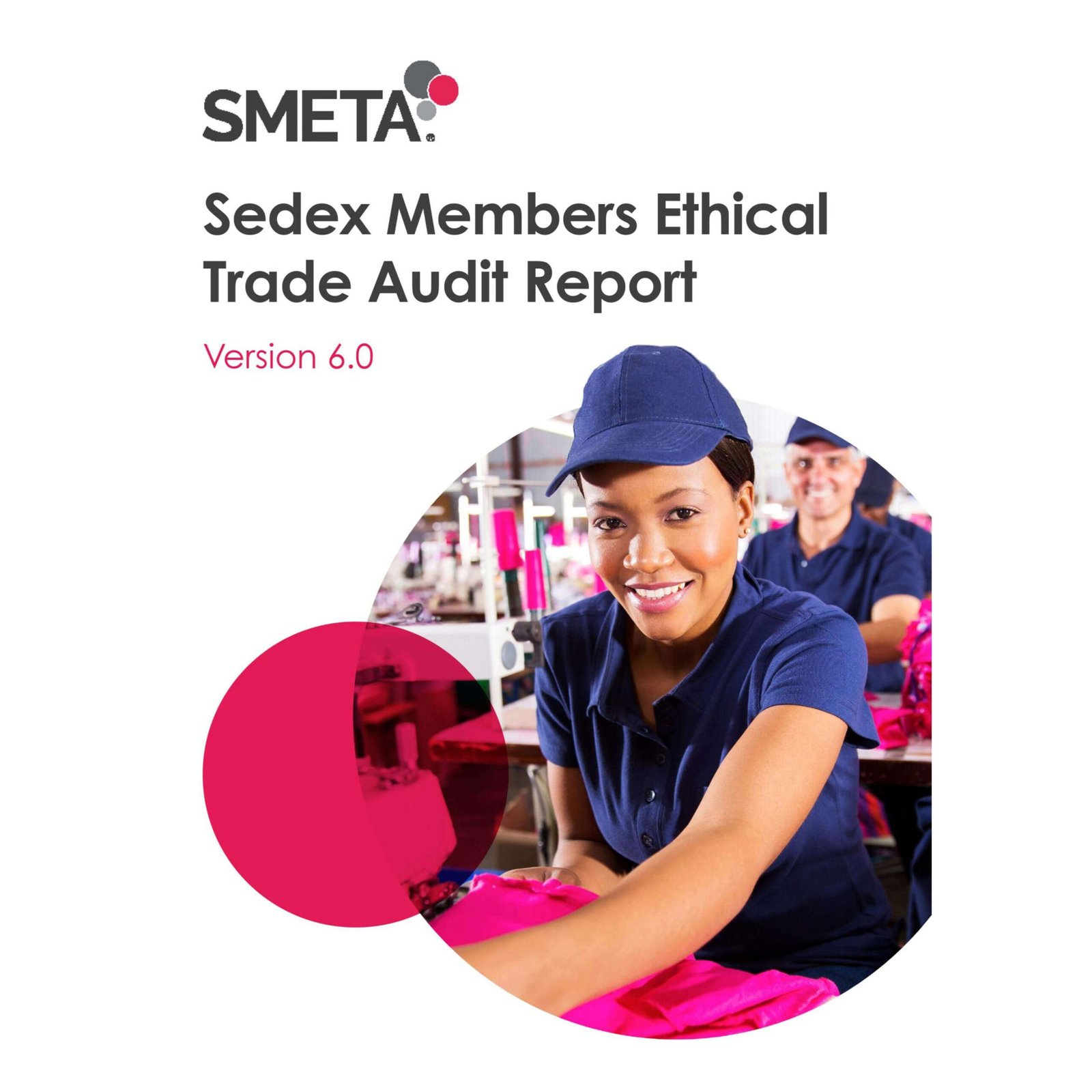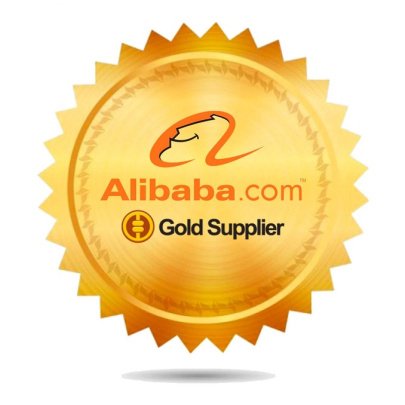Private labeling offers businesses the opportunity to create and sell products under their own brand name without having to manufacture the products themselves. This model is increasingly popular in the clothing industry, where private label clothing manufacturers provide the raw garments and allow businesses to customize them with their own logos and labels. However, as with any business model, private labeling has its cons. This article explores the potential downsides of private labeling, from limited customization1 to over-reliance on a single manufacturer, and offers insights on how to overcome these challenges.
What Is Private Labeling and How Does It Work?
Private labeling refers to the process where a company sources products from a manufacturer and sells them under its own brand name. The manufacturer produces the goods but does not brand them, allowing the company to attach its own logo and labels.
 Clothing Manufacturing Process
Clothing Manufacturing Process
What Is the Difference Between Private Labeling and Branding?
Private labeling and branding are closely related but distinct concepts. Branding refers to the overall identity and perception of a product or company in the market, including its logo, name, and reputation. Private labeling, on the other hand, involves the manufacturing process where products are created by a third-party manufacturer and sold under a different brand’s name.
While branding can involve creating unique products from scratch, private labeling typically involves reselling pre-existing products with slight modifications.
| Aspect | Private Labeling | Branding |
|---|---|---|
| Customization | Limited | Full control over design |
| Product Development | Pre-manufactured goods | Products are made from scratch |
| Control Over Quality | Limited influence | Full control over quality |
| Time to Market | Faster production | Longer development cycle |
How Do Private Label Clothing Manufacturers Help Brands Build Their Own Labels?
Private label clothing manufacturers provide businesses with the raw materials and production services needed to create products without the overhead of running a manufacturing facility. They offer businesses an easy entry into the clothing market, allowing them to focus on marketing, sales, and branding, while the manufacturer handles the production process. This allows smaller businesses to compete with larger, established brands while reducing initial investment costs.
What Are the Cons of Using Private Label Clothing Manufacturers?
Despite the many benefits, there are notable downsides when working with private label clothing manufacturers. Some of these challenges include limited customization1, quality control difficulties, and a lack of differentiation in the marketplace.
How Can Limited Customization Options Be a Drawback for Private Labeling?
One of the major downsides of private labeling is the limited ability to customize products. Many private label manufacturers offer only a set range of pre-designed garments, and businesses can only make limited adjustments, such as adding their own logo or changing colors. This lack of flexibility can make it harder for brands to stand out in a crowded market or create unique offerings that differentiate them from competitors.
| Customization Aspect | Private Labeling | Custom Clothing Manufacturing |
|---|---|---|
| Design Control | Limited to pre-existing designs | Full control over the design |
| Fabric Options | Limited fabric choices | Unlimited fabric options |
| Custom Branding | Limited | Full control over branding |
Why Might Quality Control Be Challenging When Working with Private Label Manufacturers?
Since private label clothing manufacturers often serve multiple clients, ensuring consistent quality across all products can be difficult. Smaller businesses may struggle to monitor quality at every stage of production, leading to potential inconsistencies. Even if a company has strict quality standards, the manufacturer may not prioritize their needs, especially if they produce products for larger clients with higher volumes.
To overcome this challenge, businesses can set clear quality control standards in their contracts and perform regular audits or inspections during the production process.
How Can Private Labeling Affect Brand Identity and Differentiation?
Private labeling2 can have an impact on brand identity and the ability to differentiate from competitors. Since many brands may use the same manufacturer and similar products, standing out in the market becomes more difficult. This is especially true in crowded industries like clothing, where differentiation is key to success.
How Can Similarity Across Products Limit Brand Uniqueness?
When multiple brands use the same private label manufacturer, the end products can look remarkably similar. This is especially true when using standardized materials and designs. With limited ability to make substantial design changes, brands may end up offering products that look the same as competitors, which could hinder the development of a unique brand identity.
How Do You Stand Out in the Market When Many Brands Use the Same Manufacturer?
To stand out in the market, private label brands can focus on what makes them different outside of just the product. Strong marketing strategies, unique packaging, and a strong story behind the brand can help make a private label brand more recognizable. Additionally, finding a niche within a larger market can help create differentiation.

What Are the Risks of Reliance on Private Label Clothing Manufacturers?
Relying heavily on one private label manufacturer can expose a brand to significant risks. These risks include potential disruptions in the supply chain, issues with production, and challenges with inventory management3.
How Does Over-Reliance on One Manufacturer Impact Your Business?
Over-reliance on a single manufacturer can lead to several issues. If the manufacturer experiences any delays, quality control issues, or operational challenges, your entire product line can be affected. This dependence on one manufacturer can leave brands vulnerable to supply chain disruptions or changes in the manufacturer’s pricing and terms.
What Are the Potential Supply Chain Risks When Relying on Private Label Manufacturers?
Supply chain risks are another key concern when working with private label manufacturers. These manufacturers may source materials from various locations, which can result in delays or unexpected price increases, especially in volatile markets. Additionally, international manufacturers may have longer lead times and shipping delays, making it harder for businesses to respond quickly to market demand.
| Risk | Private Labeling Manufacturer | Custom Manufacturer |
|---|---|---|
| Supply Chain Disruptions | Higher risk due to reliance on single manufacturer | Less risk with multiple suppliers |
| Quality Control Issues | Limited control over consistency | Full control over quality |
| Production Delays | Longer lead times possible | More direct oversight |
What Are the Hidden Costs of Private Label Clothing Manufacturing?
Private label manufacturing may seem like an affordable option at first, but there are often hidden costs that businesses should be aware of. These costs can include everything from minimum order quantities4 (MOQs) to packaging and distribution.
How Do Minimum Order Quantities (MOQs) Affect Your Budget and Flexibility?
Many private label manufacturers set minimum order quantities (MOQs), which can require businesses to invest in larger quantities of products than they may initially need. For smaller businesses or startups, these MOQs can be challenging, as they increase initial investment and inventory costs. To mitigate these costs, some manufacturers offer flexible MOQs, but these may come at a higher price per unit.
What Are the Additional Costs for Packaging, Shipping, and Distribution?
Packaging, shipping, and distribution costs are often overlooked when working with private label manufacturers. While the manufacturing costs may be lower, the total cost of getting the product from the factory to the store or customer can add up quickly. Shipping costs can fluctuate, and long shipping times can affect product availability.

How Can You Overcome the Cons of Private Labeling?
Despite the potential challenges, there are strategies brands can use to overcome the downsides of private labeling and ensure success.
What Are the Best Practices for Maintaining Quality and Unique Branding?
To maintain quality and brand uniqueness, businesses should prioritize strong communication with their manufacturers and establish clear expectations. This includes setting quality control standards, establishing unique design elements, and ensuring that their products remain distinct from competitors. Brands should also invest in packaging and marketing that reinforce their identity.
How Do You Ensure Strong Communication and Relationships with Private Label Manufacturers?
Building strong relationships with private label manufacturers is essential for ensuring consistent quality, timely delivery, and mutual success. Open and transparent communication, regular follow-ups, and collaboration in product development are all key to fostering a productive relationship with manufacturers.
| Strategy | Private Labeling Manufacturer | Custom Manufacturer |
|---|---|---|
| Clear Communication | Essential for successful production | Essential for custom work |
| Regular Quality Inspections | Can be arranged at additional cost | Easier to implement with custom manufacturing |
| Long-Term Partnerships | Helps negotiate better pricing | Critical for ongoing product development |
Conclusion
Private labeling can be a fantastic way for businesses to enter the clothing market without the overhead of developing and manufacturing their own products. However, it is not without its challenges, including limited customization, quality control issues, and supply chain risks. By being aware of these cons and using strategic planning, brands can overcome these obstacles and build a successful clothing line. The key is to work closely with manufacturers, set clear expectations, and carefully consider costs and quality to achieve long-term success.
-
Understand the challenges of limited customization and how it affects brand differentiation. ↩ ↩
-
Explore how private labeling can help businesses grow and establish their brand without manufacturing costs. ↩
-
Discover strategies to manage inventory effectively and avoid stockouts or overstocking. ↩
-
Understand the implications of MOQs on budgeting and inventory for small businesses. ↩


